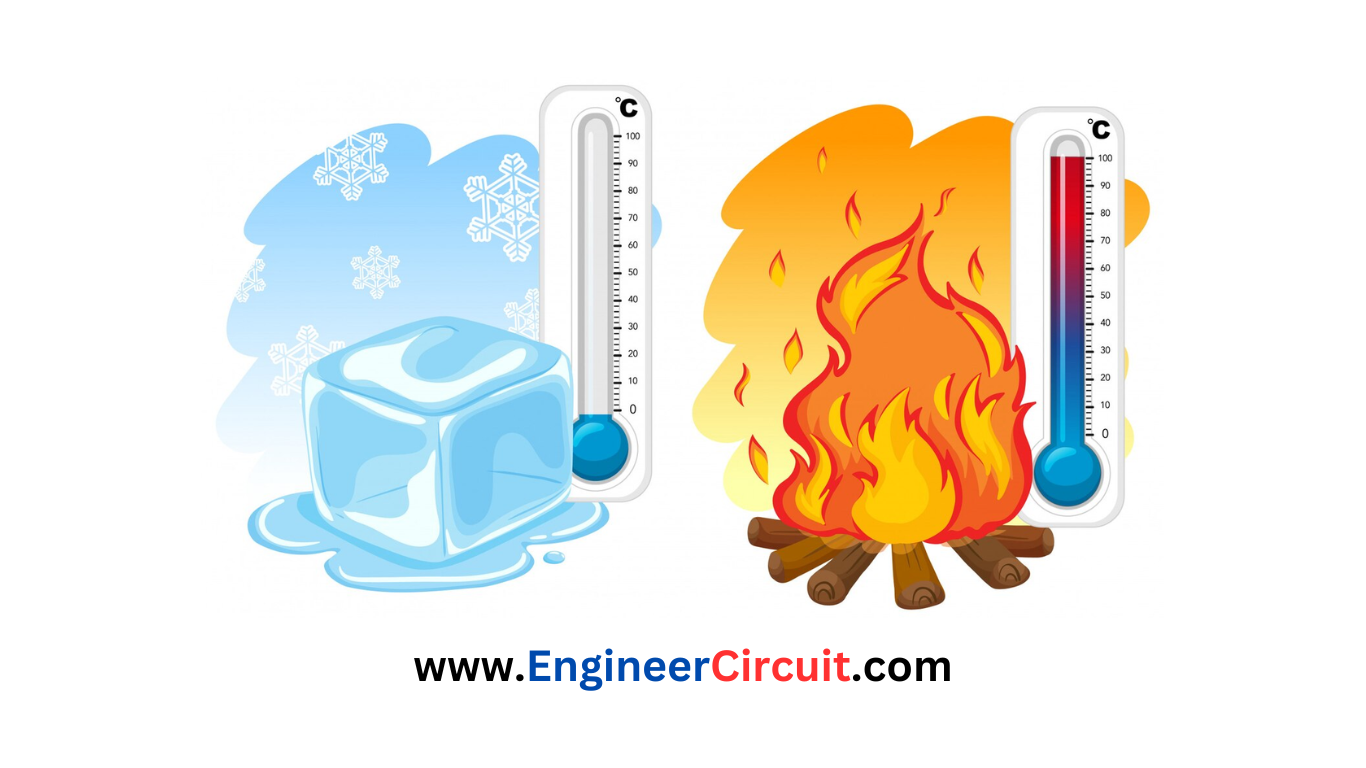Thermodynamics – Interview Questions
Following are some questions with answer
What is Thermodynamics?
Thermodynamics is the branch of physical science that deals with the relationship between heat and other forms of energy such as mechanical, electrical, and chemical energy.
Define a thermodynamic system.
A thermodynamic system is a body of matter and/or radiation under study, separated from its surroundings by a boundary or wall. This boundary defines the permeabilities between the system and its surroundings.
What are the different types of thermodynamic systems?
There are three types of thermodynamic systems:
Open system: Can exchange both energy and matter with surroundings.
Closed system: Can exchange only energy with surroundings.
Isolated system: Cannot exchange energy or matter with surroundings.
What is the zeroth law of Thermodynamics?
The zeroth law of thermodynamics states that if two systems are each in thermal equilibrium with a third system, then they are in thermal equilibrium with each other.
What is the first law of Thermodynamics?
The first law of thermodynamics states that energy can neither be created nor destroyed in a system of constant mass, but it may be converted from one form to another. Mathematically, it is represented as: ΔU = q – w
What is the second law of Thermodynamics?
The second law of thermodynamics states that the entropy of an isolated system always increases. It predicts the direction of spontaneous processes and determines if they are reversible. Various statements of the second law include Carnot’s principle, Clausius statement, and Kelvin statement.
What is the third law of Thermodynamics?
The third law of thermodynamics states that the entropy of a system approaches a constant value as its temperature approaches absolute zero. It can also be stated as the entropy of a perfect crystal of a pure substance approaches zero as the temperature approaches zero.
What is the difference between classical thermodynamics and statistical thermodynamics?
Classical thermodynamics describes systems macroscopically, focusing on bulk properties of matter. On the other hand, statistical or Boltzmann thermodynamics describes systems using probability theory, based on the average behavior of molecules and atoms.
What is an adiabatic process in Thermodynamics?
An adiabatic process is a thermodynamic process in which change occurs within a system solely due to the transfer of energy as work, with no heat or mass transfer.
What is an Isothermal process in Thermodynamics?
An isothermal process is a thermodynamic process in which the temperature remains constant within a system, primarily with heat exchange with an external system.
What is an Isobaric process in Thermodynamics?
An isobaric process is a thermodynamic process in which the pressure remains constant within a system.
What is heat capacity, and what is the specific heat of a substance?
Heat capacity is the amount of heat required to change the temperature of a specific amount of matter by 1 degree Celsius. Specific heat of a substance is the amount of heat required to raise the temperature of 1 gram of substance by 1 degree Celsius.
What is Entropy?
Entropy is a measure of unavailable energy in a closed thermodynamic system, indicating the degree of disorder or uncertainty in a system. It varies directly with any reversible change in heat and inversely with the temperature of the system.
What is Thermodynamic equilibrium?
Thermodynamic equilibrium is an internal state of a thermodynamic system in which there is no net flow of energy, either within the system or between connected systems.
What is the Otto cycle?
The Otto cycle is a thermodynamic cycle that describes the functioning of a spark ignition internal combustion engine. It consists of four processes: Intake Stroke, Compression Stroke, Ignition Phase, and Expansion Stroke.
What is the Diesel cycle?
The Diesel cycle is a thermodynamic cycle that describes the functioning of a reciprocating internal combustion engine. It includes four distinct processes: Isentropic Compression, Constant Pressure Heating, Isentropic Expansion, and Reversible Constant Volume Cooling.
What is the Carnot cycle?
The Carnot cycle is a theoretical and ideal thermodynamic cycle that is the most efficient. It consists of four processes: Isothermal Expansion, Adiabatic Expansion, Isothermal Compression, and Adiabatic Compression.
What is Hess’s law?
Hess’s law, also known as the law of constant heat summation, states that the heat evolved or absorbed in a chemical process is the same whether the process takes place in one step or in several steps.
What is Joule’s law?
Joule’s law states that the power of heat generated by an electric conductor is proportional to the product of its resistance and the square of the current passing through it.
